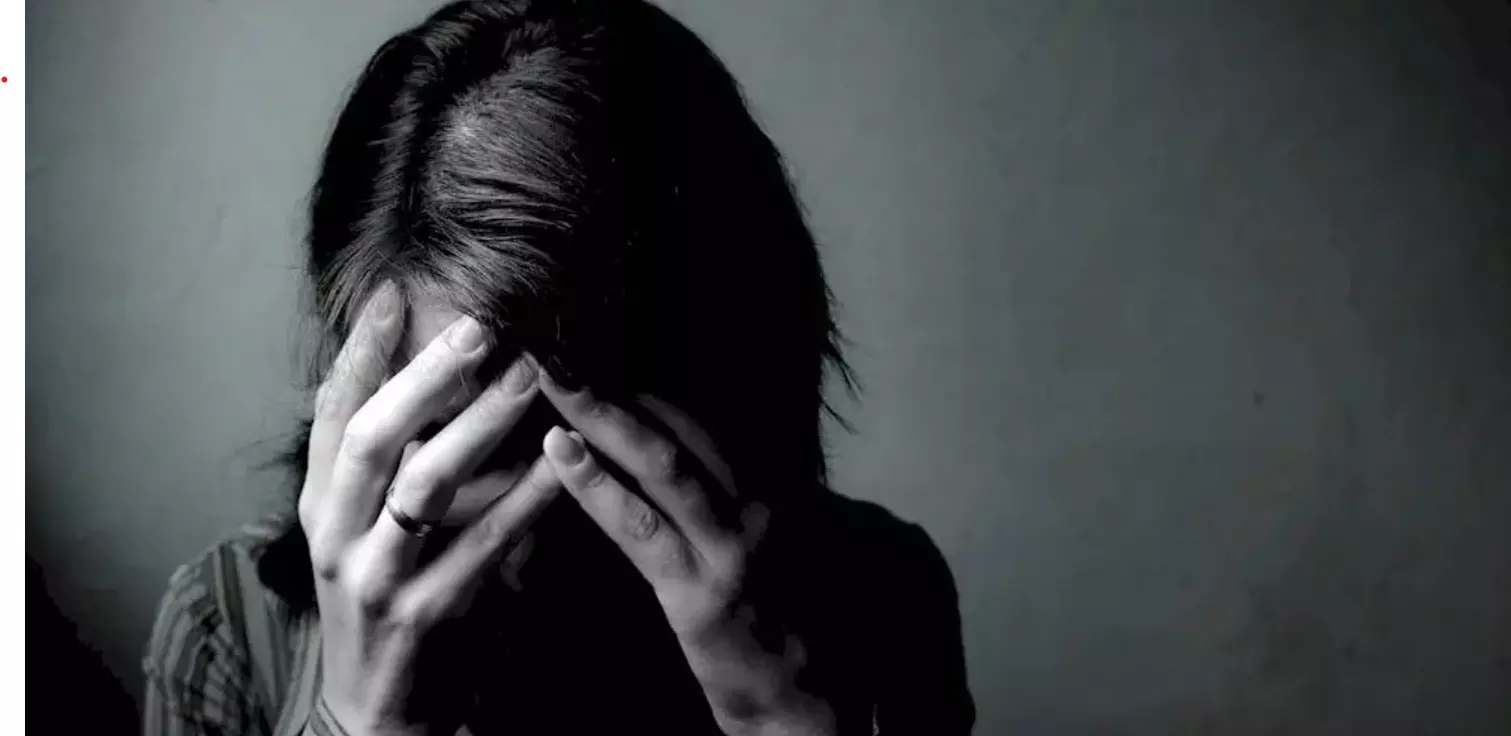Mind matters
The Suchana Seth case screams for attention to mental health; are we noticing our minds?

What prompts someone to take another’s life? And I’m not speaking of those with a criminal bent of mind, the professional mafia, or a deviant psychopath, but rather a deemed-to-be “normal” person who takes such an extreme step. What would such a person be feeling in the moments before they murder another — Anger? Distress? Absolute hopelessness? A complete breakdown of reason and rationality? Such murders become murkier and more inscrutable when the perpetrator is a loved one, more so if she is the mother. The gift of life so easily taken away by the one that gave birth. The mind wanders to the scores of women who exhaust their emotions and bodies with pills, hormonal injections, and countless medical procedures and religious rituals, just for a child, or those hapless couples that wait years to adopt one.
If you’ve read so far, you know I’m referring to the shocking case of Suchana Seth. She is a mother, a CEO of an AI ethics startup in tech city — Bangalore, and an educated corporate professional. She is also accused of allegedly smothering her 4-year-old son to death. Some murders are nastily memorable; and this is one such that can’t be forgotten. While investigations are currently underway to confirm if Seth actually committed the dastardly act, news reports suggest that she had been depressed and upset over the child custody battle with her estranged husband.
On the face of it, Suchana doesn’t seem too far removed. Hailing from Kolkata, having studied in a neighbouring college around the same years as I, a woman entrepreneur building her business in the startup capital of the world. She could be any of us living in the many residential complexes of Bangalore, going for quick trips to beachy Goa, keeping to themselves while holding close to the chest their dreams, heartbreaks, and secrets. For me, what stands out when I think of Suchana is a person who perhaps had become so mentally unhinged and emotionally distraught that killing seemed the only resort. To accept wrong as right, and mentally justify acting towards a murder, even as the son would have gasped for breath, is unimaginable. Suchana’s unwellness stays long in mind even as the general populace is consumed by the scandal of it all.
Ironically, in that very same startup space that Suchana operated in, mental wellness as a sector has surged. Pegged as a USD 3 billion market, Indian startups have blossomed in the space providing everything from telepsychiatry, content, and self-help to building communities and awareness. Corporate majors are tying up with mental platforms to provide employee wellness initiatives. Presently, India has approximately 280 mental health startups, which have raised over USD 53 mn till October last year, as per Tracxn.
Sure, the pandemic shone a light on the mental health disorders with global funding in the space peaking at USD 4.7 billion. But the issue of mental health has needed greater attention long before that. According to the National Mental Health Survey (NMHS) of 2015-16, 15 per cent of all adult Indian individuals suffered from mental disorders and needed active intervention; one in every 20 Indians suffered from depression. According to the latest National Crime Records Bureau (NCRB) data, 1.64 lakh deaths by suicide were registered in India in 2021; an increase of 6.1 cases per one lakh population. The suicide rate in 2021 was 12 cases per one lakh population versus 11.3 cases in 2020. Maharashtra, Tamil Nadu, Madhya Pradesh, West Bengal, and Karnataka, accounted for as much as 50.4 per cent of the total number of suicide cases.
A Lancet study reported that a prodigious 197.3 million people had mental disorders in India as of 2017, which included 45.7 million with depressive disorders and 44.9 million with anxiety disorders. To further skew the balance, we have a woeful gap in helping those in need. There are 0.75 psychiatrists for every 100,000 people whereas the minimum recommended number is above 3 per lakh. The strongest evidence of a cry for help is the massive response received by the central government’s national mental health helpline. Within a year of its launch in October 2022, Tele-MANAS received 3.4 lakh calls; averaging at about 2,000 calls per day. Recognising the mental health crisis brewing in India, the Insurance Regulatory and Development Authority of India (IRDAI) has pushed for the inclusion of mental health in health insurance policies.
And yet, in spite of all the activity in the mental wellness startup space in India, the momentum of startup funding, the proliferation of video content, help still failed to reach one of its own. Professional therapy is still expensive in India, and reducing costs would make it accessible to a larger population. Living in self-inflicted silos devoid of regular socialisation can also lead to isolation, making it impossible to offer help. Psychological barriers, social taboos, and denial still form the biggest challenges to helping people. Speak up, reach out, get help — the dogmas to be followed in these worrying times.
The writer is an author and media entrepreneur. Views expressed are personal



